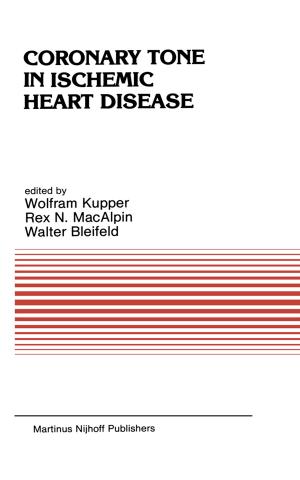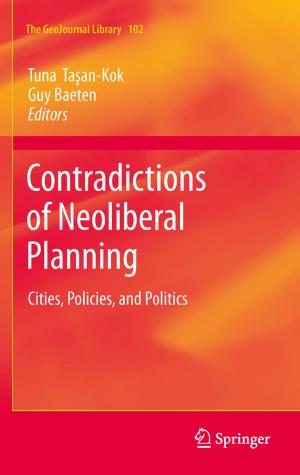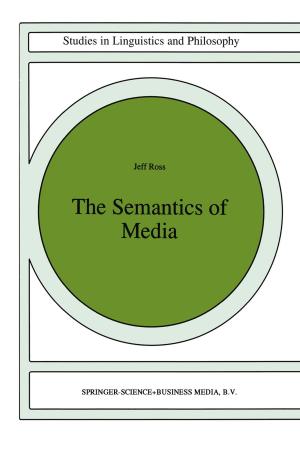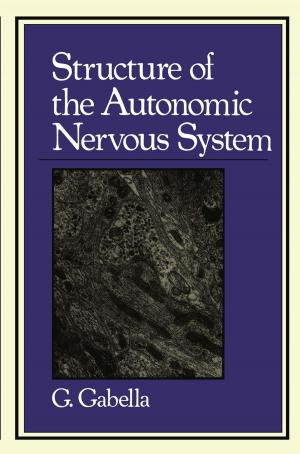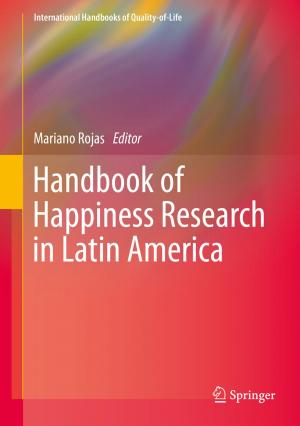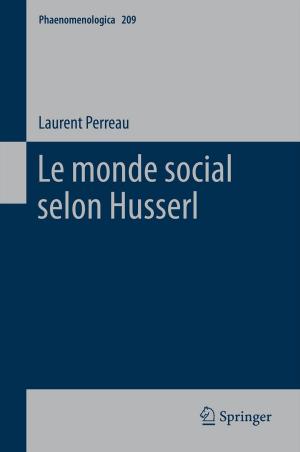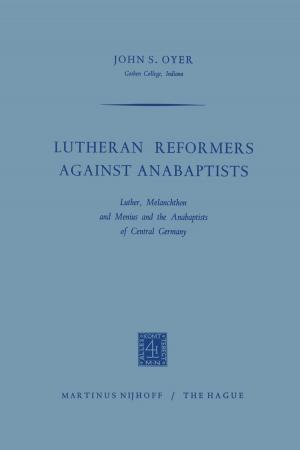Lexical Availability in English and Spanish as a Second Language
Nonfiction, Reference & Language, Education & Teaching, Teaching, Language Experience Approach, Language Arts, Linguistics| Author: | ISBN: | 9789400771581 | |
| Publisher: | Springer Netherlands | Publication: | September 6, 2013 |
| Imprint: | Springer | Language: | English |
| Author: | |
| ISBN: | 9789400771581 |
| Publisher: | Springer Netherlands |
| Publication: | September 6, 2013 |
| Imprint: | Springer |
| Language: | English |
This volume contributes to the research in two different research areas: lexical availability studies and vocabulary research in second or foreign languages. Lexical availability is defined as the words that immediately come to mind as a response to a stimulus provided by topics related to domains closely connected to daily life: for instance animals, food and drink, daily activities, politics, or poverty. Lexical availability is a dimension of learners’ receptive and productive lexical competence, and, consequently, an important variable of learners’ communicative competence. Written by leading researchers in Spanish and English applied linguistics, the studies presented in this volume offer the reader findings and insights from studies conducted in learners with different mother tongues, who learn English or Spanish as their second or third language. “This book made me aware of an approach to vocabulary acquisition which has a long tradition in European research, but has been somewhat neglected by English-speaking researchers. The methodology was pioneered in France where it developed into the Francais Fondamental project - an influential approach to the vocabulary needs of learners of French. It was also taken up by Spanish researchers, and more recently developed by the team at La Rioja University. Where English-language research has focused on the frequency of words in large corpora and the implications of this feature for L2 vocabulary acquisition, the lexical availability tradition takes a much more learner-centred approach to L2 vocabulary skills, directly reflecting learners' needs and learners' ability to do things with small, effective vocabularies. This leads to a set of research priorities that look refreshingly different from the ones we are used to. Read this book. It might change the way you think about vocabulary research.” Paul Meara, Swansea University, Wales, UK
This volume contributes to the research in two different research areas: lexical availability studies and vocabulary research in second or foreign languages. Lexical availability is defined as the words that immediately come to mind as a response to a stimulus provided by topics related to domains closely connected to daily life: for instance animals, food and drink, daily activities, politics, or poverty. Lexical availability is a dimension of learners’ receptive and productive lexical competence, and, consequently, an important variable of learners’ communicative competence. Written by leading researchers in Spanish and English applied linguistics, the studies presented in this volume offer the reader findings and insights from studies conducted in learners with different mother tongues, who learn English or Spanish as their second or third language. “This book made me aware of an approach to vocabulary acquisition which has a long tradition in European research, but has been somewhat neglected by English-speaking researchers. The methodology was pioneered in France where it developed into the Francais Fondamental project - an influential approach to the vocabulary needs of learners of French. It was also taken up by Spanish researchers, and more recently developed by the team at La Rioja University. Where English-language research has focused on the frequency of words in large corpora and the implications of this feature for L2 vocabulary acquisition, the lexical availability tradition takes a much more learner-centred approach to L2 vocabulary skills, directly reflecting learners' needs and learners' ability to do things with small, effective vocabularies. This leads to a set of research priorities that look refreshingly different from the ones we are used to. Read this book. It might change the way you think about vocabulary research.” Paul Meara, Swansea University, Wales, UK


